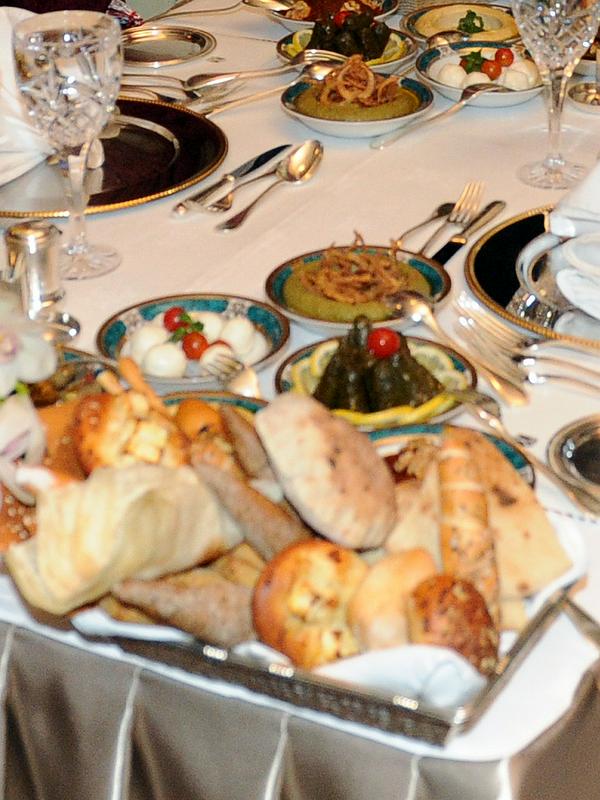
Fasting, renunciation and self-discipline are a characteristic of all religions – they are basically acts of spiritual sacrifice and cleansing.
"The church does offer general guidance for the fasting period – for example no meat on Fridays – but for the most part the whole process depends on every individual. Usually at the beginning of the fast, on Ash Wednesday, we set ourselves a certain task: for example 40 days without alcohol or sweets, less television… , and then during the fasting period we persevere in a renouncing manner," explained theologist, Branko Cestnik, for MMC.
Cestnik adds that confessions can also be made during the fast. However, in the last decade there has been a steady decline in confessions. At the same time though there is still a great interest for different renunciation and sacrificial practices. "Even the modern man still feels an inner need to rein in his appetite, to rationally control his own feelings, and the need for a moral overhaul," Cestnik is convinced.
Spring cleansing
Upon the occasion the Slovenian Caritas together with the Department of Family Medicine from the Ljubljana Medical Faculty and the Public Agency of the Republic of Slovenia for Traffic Safety, has prepared a 40-day no alcohol campaign. The campaign is called "For my and your dignity". The goal is to stress that the overconsumption of alcohol hurts the dignity of those who drink, as well as the dignity of their families and especially children.
Apart from the social aspect, the organizers of the campaign also want to raise the attention to two other aspects connected to the overconsumption of alcohol – traffic, as 10 percent of all traffic accidents are always the result of alcohol, and the illnesses that alcoholics experience. Around 4,000 alcoholics are hospitalized every year. The launching date of the campaign coincides with the Catholic Church fasting period. "It symbolizes the fourty days of the fasting period. However the encouragement applies for any given period of the year to everyone. This particular period is appropriate from a religious standpoint, with the fast leading to Easter. On the other hand during spring people start thinking about their relationship with food, alcohol and similar things. The symbolism of the 40-day fasting period can have a wider meaning to every person with good intentions," explained Peter Tomažič from Caritas.
However, Sanja Rozman, a doctor, psychotherapist and author of a number of books on addiction, warns of the traps. "Renunciation can also be a form of addiction," she emphasizes. "One has to be careful because it's a double-edged sword," warns Rozman. "The path of renunciation – and I'm not only talking about giving up food, but about all the things that humans consider enjoyable – can also become an addiction. We know anorexia, which we don't necessarily need to understand from a food perspective. We can also see it in relationships, sexuality, money… - all addictions also contain the opposite sex," explains Rozman. "When a man renounces things which are essential to him, an emergency alarm goes off in his brain. He starts functioning at a high speed and under stress. He can of course function highly effectively in that period, but at the same time it's also a trap. The brains release endorphin which generates a good feeling. There is a danger that the same person, which doesn't want to solve the root of his problems, will start abusing his renouncement - the anorexic way – in order to defend himself from the pain his problems would generate," she explains.
The act of fasting is otherwise ever more popular even among Slovenes. "Many among us also choose to fast because of the threat of minor of bigger health problems. But the main reason more and more people decide to go on a fast are the good experiences of others. Fasting experiences spread by word of mouth and there is also a growing number of literature on the topic," explained Marjan Videnšek from the Health promotion and healthy lifestyle association Preporod.
The association says that most people are able to go on a fast without difficulty; however they still warn those with serious health problems and under medical treatment to consult with their doctors before doing so. "In some cases people can also be advised against going on a fast, or be recommended to fast under medical supervision," the Preporod association warns.

































































